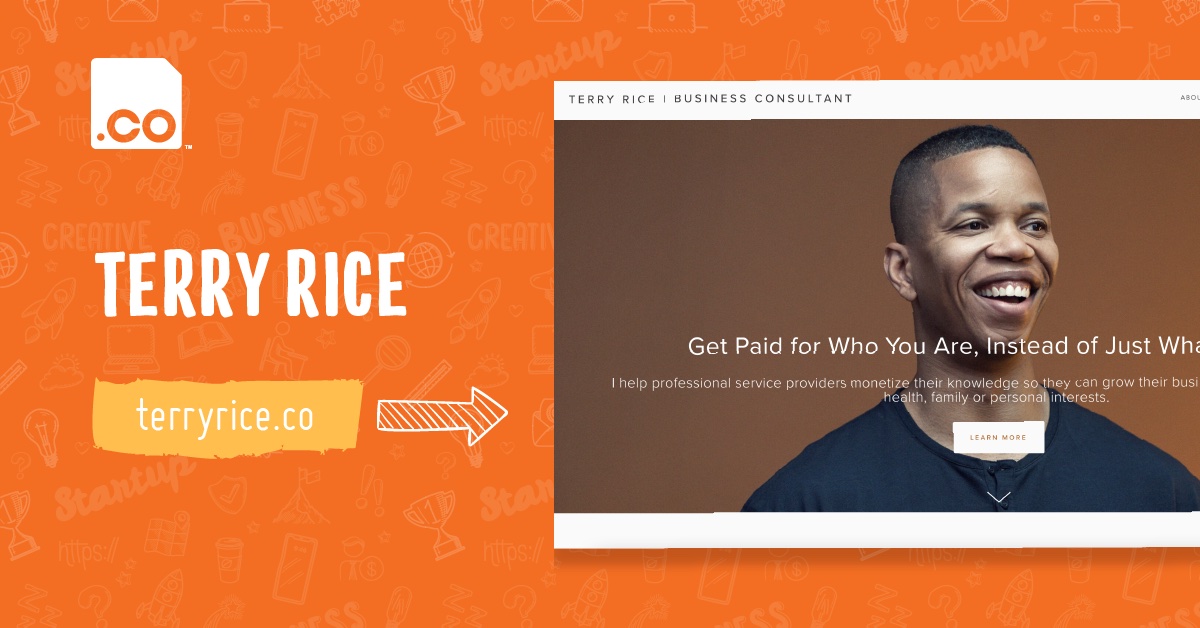 The bottom line about a startup’s first year is that it’s very scary. There are two aspects of fear that will trail you the whole year. The first is fear of failure. What if you tell everyone you’re starting a company and then you can’t and you feel stupid for years afterward? The other aspect of fear is financial: What if you run out of money and have to work at McDonald’s?
The bottom line about a startup’s first year is that it’s very scary. There are two aspects of fear that will trail you the whole year. The first is fear of failure. What if you tell everyone you’re starting a company and then you can’t and you feel stupid for years afterward? The other aspect of fear is financial: What if you run out of money and have to work at McDonald’s?
These are extreme versions of fear, of course, but they still make the first year of a startup very difficult pyschologically. Here are ways to make those worries less prevalent so you can focus on the real task at hand, which is building a company from the ground up.
Pick your location carefully
Look, you don’t need to be in Silicon Valley to start a company. In fact, it might be the worst place to be. Here’s why: The benefits to Silicon Valley are a huge network of people to hire and of people to fund you. The problem is that you don’t need either of those things when you are starting a company. In fact, you need time and space to figure out what, exactly, your company is doing. Getting traction is very hard. You need as much time as possible to get that traction.
To get that time, you need money. So you should pick a place to live that will allow you the most ramp-up time. This means you need to stop spending money.
When you look at cost of living indexes you don’t see the whole picture. Rents are about the same in Evanston, Illinois as they are in Palo Alto, because Evanston is a college town and the market is inflated. But what the cost-of-living indexes don’t show is that culturally, Evanston is much cheaper. People don’t have $100 dinners. People don’t fly to New York for the weekend. People don’t wear Prada. Live near people who don’t spend money, and you’ll be able to conserve money, giving you more ramp-up time.
Prepare your family.
Really, the advice in this regard should be simply not to have a family. Startups do not go well with families. The upside to your family is that you could end up with a business that makes a lot of money and affords you very flexible hours. The likelihood that that will happen before your spouse divorces you is not very good.
To increase the chances that you’ll stay married, start by warning your family ahead of time that you are devoting a year, at least, to getting your company off the ground. And then negotiate boundaries that will make your spouse happy, and that you will be able to adhere to no matter what. You can do it. Even Mark Zuckerberg committed to three hours of alone time a week (not at the office!) to his girlfriend while he was building Facebook.
Don’t count on funding.
Yes, it’s true that good ideas get funded. However people do not have good ideas right out of the gate. A startup idea is like a ball of clay that you have to sculpt. Your first year is probably going to be a lot of sculpting. So it’ll be great if you do get funding, but if you count on it then you are probably going to pin yourself against a wall.
Most investors want to see you hit milestones before they fund you, and you can’t hit milestones before you have your idea in place. That means the first year will be lots of meetings with investors who want to watch while you run the company. They want to hear about what you’re doing, but they are not ready to put money in. If you are desperate for money investors start to worry that you don’t know how to run a business. It’s not fair, I know. Because you will feel like you could run the business—if only you had money. The truth is that the first year is a sort of hazing period. If you can get through that, then investors will believe you can get through a lot.
But you’ve got to get through that first year without expecting funding.
Get sleep
Here is one link, out of ten billion links, about how important sleep is. You need sleep to be creative, to manage your emotions, and to make good decisions quickly. It’s a myth that startup founders don’t sleep. They couldn’t make it through that first year without sleep. They just don’t sleep regular hours, because they don’t have to. They are too enmeshed in their company, and too isolated from the world, to adhere to everyone else’s time conventions. Founders get sleep. It’s just that they do it at the office, or at inappropriate times, or at odd intervals.
Don’t be fooled by the crazy stories of all-nighters. Those nights are always followed by all-day sleep-a-thons.
So pay heed to the research about how regular sleep is better for your brain than random sleep. You will need to sleep, so you might as well make it predictable so that your brain can work at its optimal capacity. Because believe me, you’ll need all the brain power you can muster: That first year is really hard.
This article was reposted from Inc.com.




